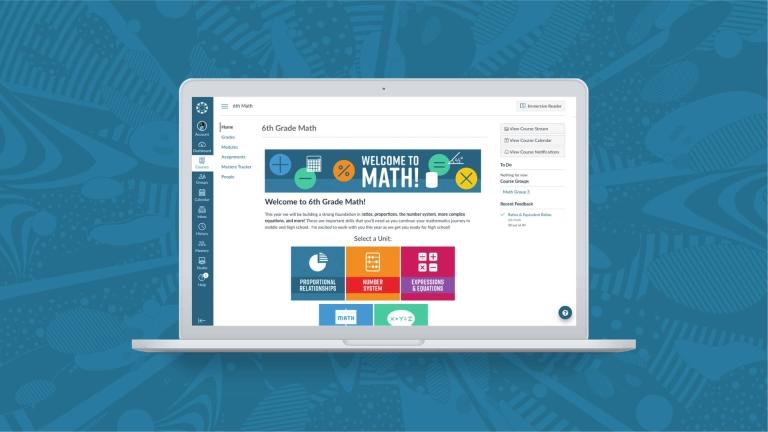
After a universally tumultuous year and a half, empathy is more important than ever as educators recognize the whole student and empower students to succeed on their terms.
As you head back into the classroom, whether virtually, in-person, or hybrid, here are five tips the pandemic reinforced that should not be let go of in the post-pandemic higher education environment. An emphasis on the whole-self is needed now more than ever for students to succeed.
1: Cultivate Relationships
Take time to make connections. Whether your course meets in person or online, offer virtual office hours that cater to students without regular transportation, who have child care duties, or who work long hours outside of class time. Use features such as chat or comments to encourage students to cheer each other on and to provide real-time feedback in class.
2: Focus on Inclusivity
Inclusive teaching provides a learning experience that allows students from all backgrounds, learning styles and abilities to be successful. Be sure that images, videos, and examples represent diversity and offer a variety of perspectives.
3: Embrace Mindfulness
Now more than ever, student mental health is a primary concern on campus. Create space for this conversation with prompts, open dialogue, and validating that times have been tough for all. One option for creating a healthier learning environment is to assign deadlines at 5pm or 9pm rather than midnight to promote healthier habits.
4. Be Flexible
Meeting students where they are on their time is increasingly important for student and course success. Additionally, providing flexibility in grading allows all learners to express themselves in the best way for them. Try offering alternative assignments for students to choose from within specific modules and test if students appreciate the flexibility.
5: Have Fun!
Learning should be fun. When fun exists in the learning environment, there is active engagement, motivation, and vulnerability. Achieving a degree, certificate, or badge is serious business for students, but the avenues to achieving that goal should be enjoyable. If students have fun in their college classroom, they will take that mindset with them into the workforce and their post-campus life.
Adapted from Kona Jones, “Moving Forward: Tools, Techniques, & Ideas I'm Keeping Post-Pandemic.” Instructure Canvas Caravan, June 15, 2021
Related Content
 Teaching-With-Tech-10-Benefits.jpg
Teaching-With-Tech-10-Benefits.jpgBlogs
 wooclapft.png
wooclapft.pngBlogs
 lincolnlearning.png
lincolnlearning.pngBlogs
